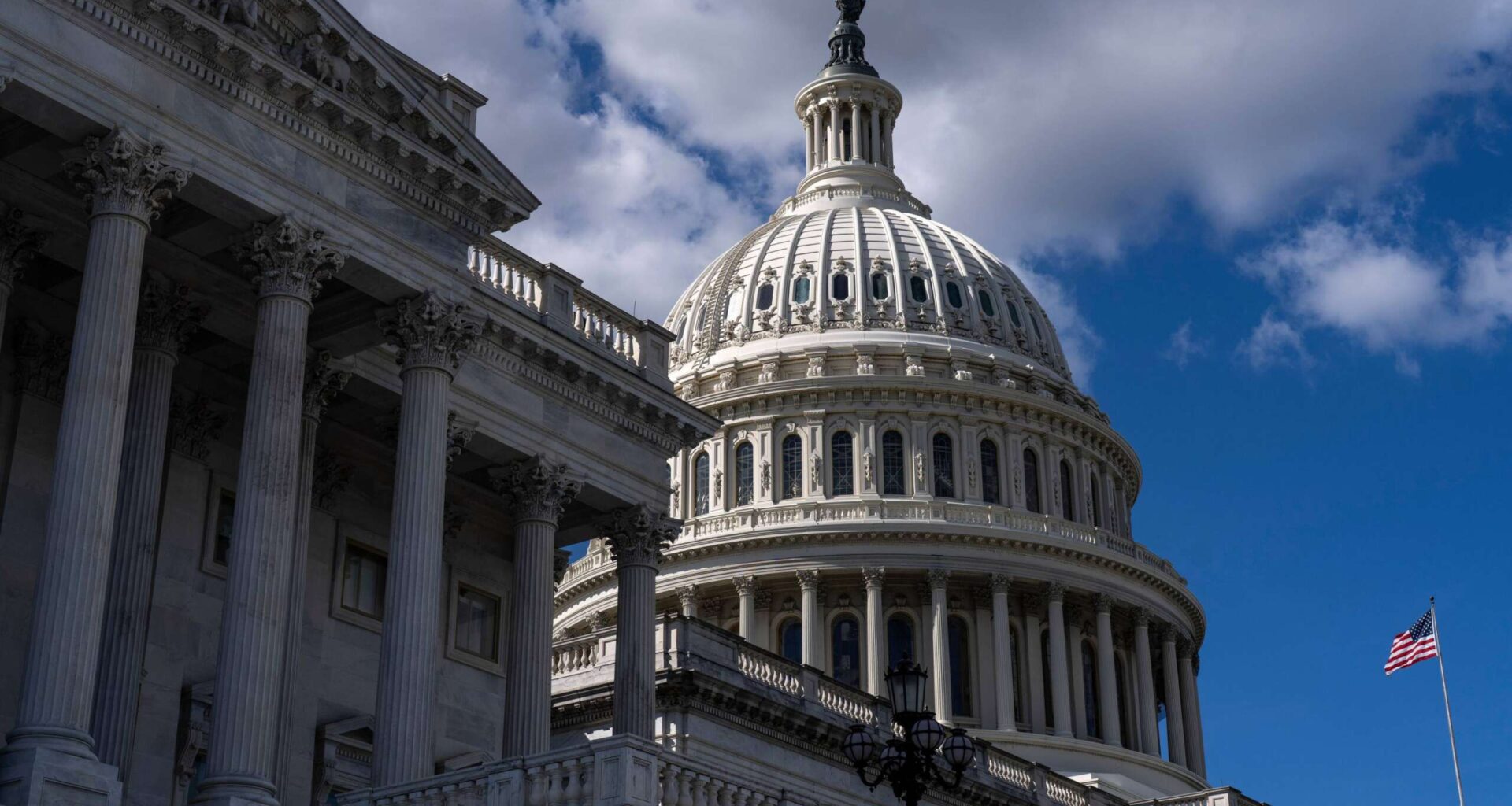As federal employees face growing threats of layoffs under the partial government shutdown, House Democrats are pressuring Trump administration officials to reveal details about their plans for conducting reductions in force.
The Oversight and Government Reform Committee’s 20 Democratic lawmakers launched an investigation into the anticipated agency RIFs, while also questioning the legality of the administration’s actions. In a series of letters sent to 24 agency leaders on Friday, the lawmakers argued that conducting RIFs during a government shutdown would violate both federal regulations and the law.
The investigation comes after the Office of Management and Budget, prior to the shutdown, directed agencies to consider implementing further RIFs in the case of a funding lapse. Now under a partial shutdown, the White House’s warnings of imminent federal employee layoffs have only escalated.
But in their new letters to top agency officials, the group of House Democrats argued that conducting RIFs during the government shutdown would violate the Antideficiency Act — a law that prohibits agencies from obligating or spending funds that Congress hasn’t yet appropriated.
]]>
“Obligating the government to make future severance payments as the result of a RIF during a government shutdown would certainly constitute such an obligation,” the lawmakers wrote.
The committee Democrats also urged agencies to hand over more information on any proposed RIFs, regardless of whether the staffing reductions were planned earlier this year, or if they are currently being put together.
“A government shutdown does not empower an administration to ignore the law,” the lawmakers, led by Oversight Committee Ranking Member Robert Garcia (D-Calif.), wrote in the letters to agency officials.
When conducting RIFs, federal regulations require agencies to give all impacted employees 60 days’ notice before their jobs can be fully abolished. The federal RIF process also involves complicated steps of categorizing employees based on based on tenure, veterans’ preference, length of service and employee performance to determine which positions should be eliminated — and which employees may need to transition to different jobs due to those eliminations.
“None of these required actions to conduct a RIF could reasonably be construed as emergency work involving the safety of human life or the protection of property,” the lawmakers wrote.
During a government shutdown, certain work activities are “excepted” and can continue. Activities that are expressly provided for in law, as well as work to “protect against imminent threats to life or property,” for instance, are allowed under a shutdown.
In the days leading up to the shutdown, the Office of Personnel Management told agencies that RIF-related work should be considered “excepted” in the case of a funding lapse. In practice, OPM’s guidance green-lit agencies to work on potential RIF plans both ahead of and during the shutdown.
]]>
“These claims demonstrate the lack of seriousness with which this administration has treated the federal budget process, the important work conducted by federal agencies on behalf of the American people, and the rights of federal employees throughout President Trump’s nearly 9 months in office this term,” the Democrats wrote Friday.
In response to Federal News Network’s request for comment on the letters, a spokesperson for House Oversight Committee Republicans said, “Democrats have the ability to end this shutdown and the job cuts conversation by supporting the clean funding proposal already approved by the House.”
At the same time, federal unions are suing the Trump administration over its pursuit of further federal employee layoffs. The American Federation of Government Employees and the American Federation of State, County and Municipal Employees allege that conducting RIFs in a shutdown violates federal law. The unions’ lawyers are asking the court to issue a preliminary injunction, seeking to temporarily block the actions while the case continues.
In their letters on Friday, the committee Democrats warned that agency RIFs would additionally risk a violation of the Government Employee Fair Treatment Act, which President Donald Trump signed into law during his first term in 2019. The lawmakers argued that in addition to guaranteeing retroactive pay for federal employees, the legislation conveys an intent to return furloughed federal employees to work once a shutdown ends. But now, the lawmakers argued, the Trump administration’s focus on permanent removals of furloughed employees runs counter to that 2019 law.
The lawmakers also called for more details on agencies’ public-facing shutdown messages, as well as agencies’ processes for writing and approving language related to the funding lapse. Several agencies have published official messages on their websites, stating that the “Radical Left” was at fault for the shutdown. The Democrats argued that the actions are likely a violation of multiple federal laws.
Many attorneys have said these messages may violate the Hatch Act, an 86-year-old law that limits federal employees’ political activities. The actions may also violate the Antideficiency Act, according to Public Citizen, a nonprofit organization.
In one instance, furloughed employees at the Education Department also saw their out-of-office messages updated without their consent, to reflect similar rhetoric blaming Democrats for the shutdown. Federal unions are now suing Education leadership over the action, alleging that it’s a violation of the employees’ First Amendment rights.
In the Oct. 3 letter, the committee lawmakers gave agency leaders a two-week deadline to explain how they are complying with federal law and regulations as they pursue potential RIFs during the shutdown.
]]>
If you would like to contact this reporter about recent changes in the federal government, please email drew.friedman@federalnewsnetwork.com or reach out on Signal at drewfriedman.11
Copyright
© 2025 Federal News Network. All rights reserved. This website is not intended for users located within the European Economic Area.

